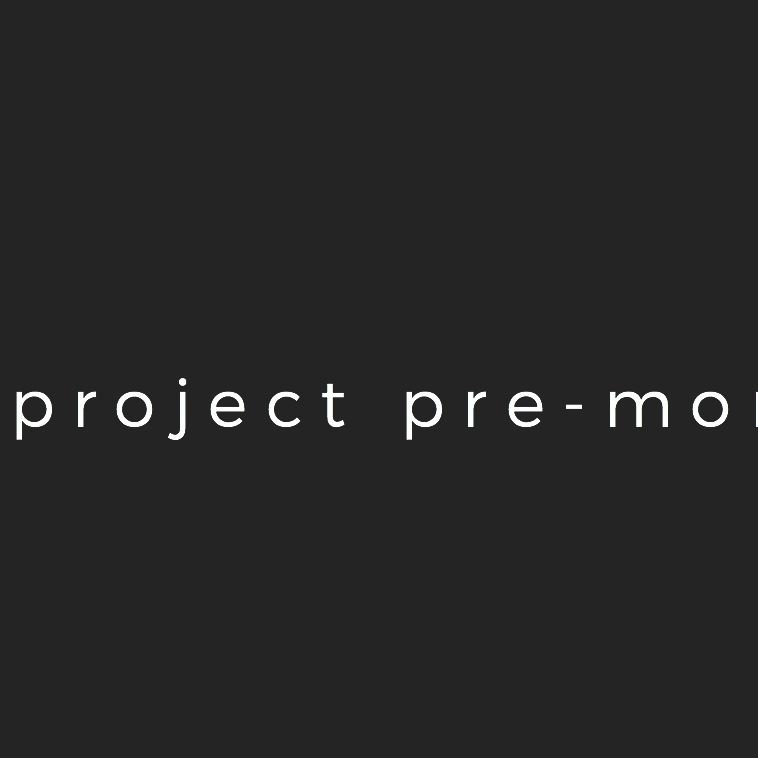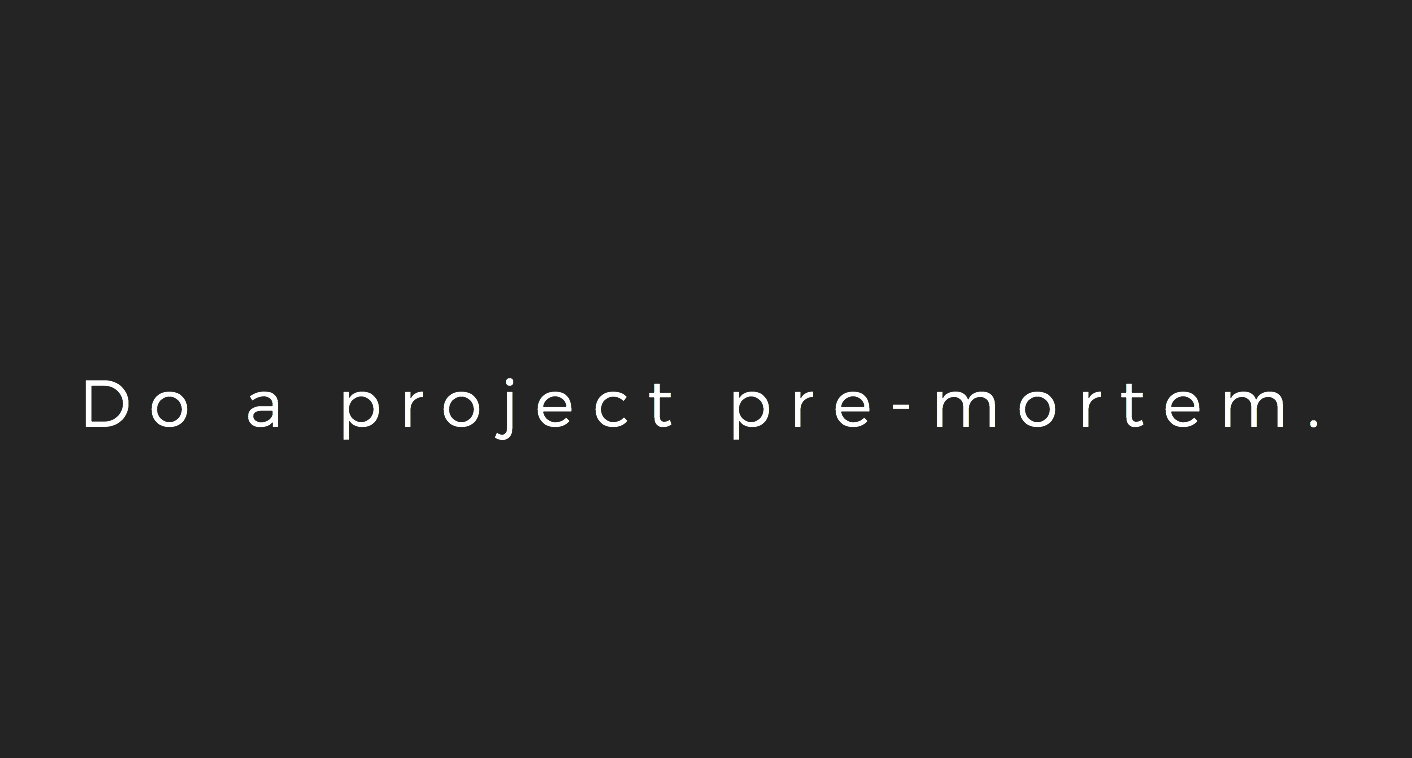

I’m not obsessed with failure, but I am obsessed with project pre-mortems.
The father of the modern pre-mortem is a guy named Gary Klein. He asked his clients to engage in something called prospective hindsight. Here’s how it works:
Before you do anything, ask yourself — how will this fail?
It’s an easy question, sure, but it’s a difficult cognitive strategy for people who cannot process failure. For example, the Democrats don’t have a plan if Donald Trump wins. While the Republicans are threatening to impeach Hillary, the Dems are too afraid to think about a Trump presidency. And because they’re not planning for it, they’ll fail twice if he wins.
The Democrats in America? It’s just one example of people who are in denial. Many people cannot think about failure because it gives them hives. You keep having political discussions with family members who don’t agree with you, right? Why are you doing that? Why can’t you stop yourself? You’re never going to change a person’s mind. You’ll just walk away feeling annoyed.
So, before you open your mouth, ask yourself, “How will this fail?”
The act of envisioning failure before you work at anything — a break-up, a political discussion, buying a new car — can improve your success rate by 30%. That’s a significant advantage that your adversaries and opponents aren’t using.
Still don’t like to frame things in a hermeneutic of failure? Fine, don’t think about failure. Think about gaining new insights and setting yourself up for success. My local university, NC State, has adopted a mantra: think and do. That’s what pre-mortems are all about. You think. You learn something. You follow through with informed action.
Think and do. The ultimate pre-mortem.
And the nice thing about pre-mortems? It’s versatile. It works at home, in the office, and in the most heated political environments. So, let me repeat this: before you say or do anything, be sure to think about how it will fail.
You’re allowed to dream about success, too. Just make sure you’re not a chump who can’t face facts.
After all, there’s no shame in failure, but there is some shame in willingly being taken for a fool.
Great post! I often hear people ask before starting on a project: “what would success look like?” but rarely do they ask about what failure would look like. I think you’re right, it doesn’t hurt to have a back-up plan should things not go as planned. We all know that happens too!
Best article – and advice – I’ve read in a while, thanks!